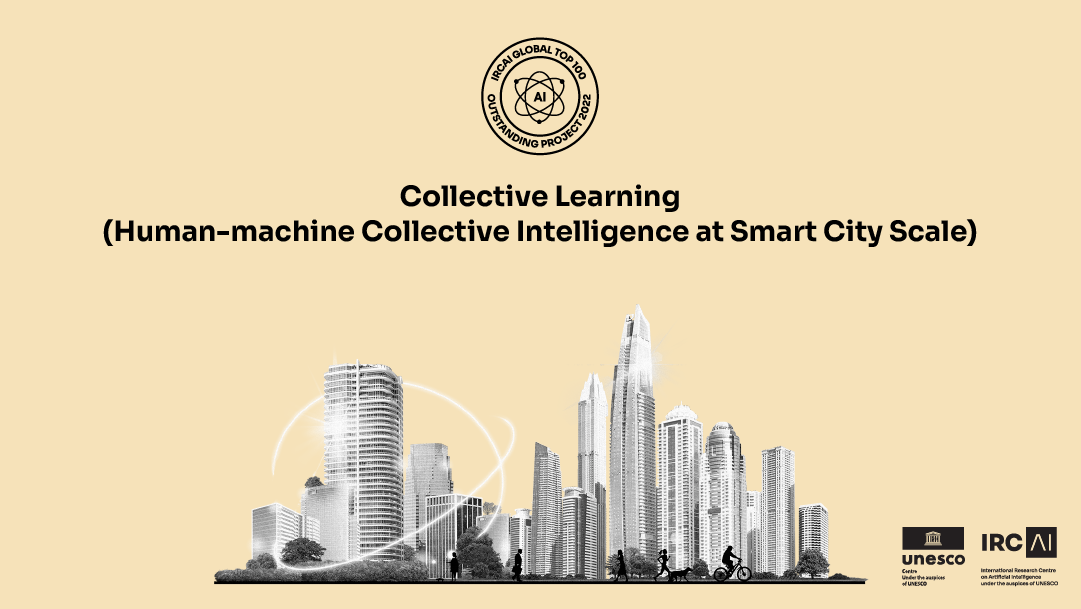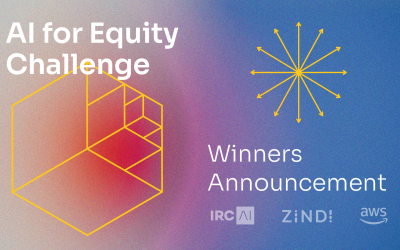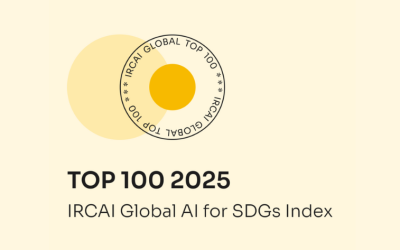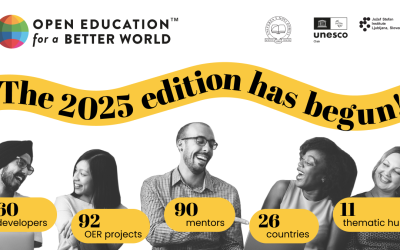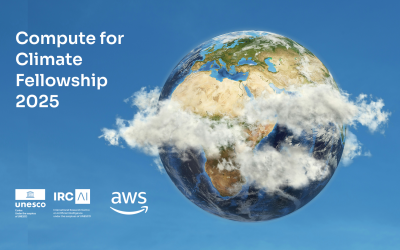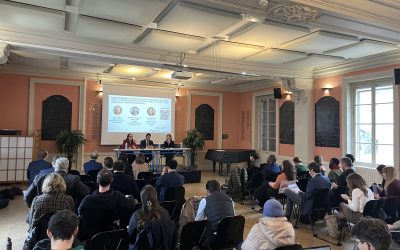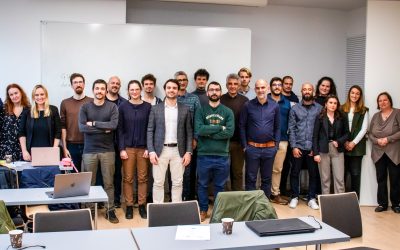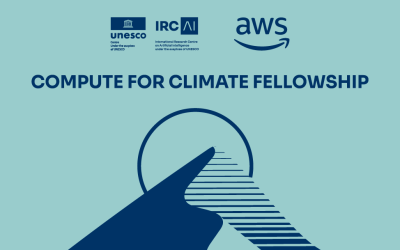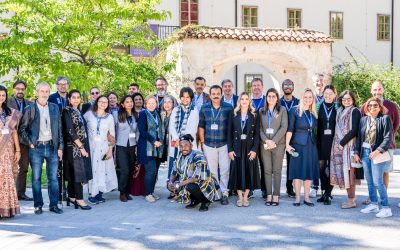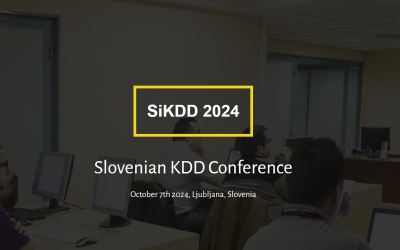After a thorough scientific, ethical, and entrepreneurial review of all projects submitted to the 2022 IRCAI Global Top 100 call, IRCAI has deemed ten submissions as “outstanding” based on their AI integrity, potential impact on the SDGs, business sustainability, and ethical design. Among these ten outstanding projects was the EPOS project “Collective Learning: Human-Machine Collective Intelligence at Smart City Scale”. At our STI Forum side event in early May, we had the pleasure of hosting Dr. Evangelos Pournaras (University of Leeds), the main coordinator, who gave a presentation about the project.
Coordination deficits
What do power outages, traffic congestion and overcrowded parking lots have in common? They are all manifestations of a coordination deficit within a system. They all result from a lack of effective coordination and planning. Power outages occur when electricity supply and demand are not adequately coordinated. Traffic congestion is the result of inadequate coordination between transportation infrastructure and individual driver behavior. Overcrowded parking lots result from a lack of coordination in providing sufficient parking relative to the number of vehicles. In search of an effective coordination mechanism, Evangelos and his partners in the EPOS project developed a novel AI-based decision support system to help citizens improve their coordination capability through what Evangelos calls “collective learning.”
Improving coordination within entire communities
Suppose that in a household of four students, decisions are made regularly to improve coordination. While the first student prepares dinner, the second and third students take on other tasks such as doing laundry and washing dishes. In this way, the workload is distributed more equitably and students can ensure a clean and organized living space. However, with their AI-powered decision support system, Evangelos and his team want to leverage this coordination capability on a larger scale. “What if we could extend this coordination capability to larger communities, like entire cities?” he says. “What if there was a scalable and automated way for citizens to exchange timely information and discover a collective arrangement of their actions?”
An unsupervised, decentralized and privacy-preserving approach
system that helps citizens make complex sustainable choices” he explains. Running on connected personal devices, such as smartphones, participating citizens can receive decision-support feedback calculated as a result of decentralized learning interactions between devices. Unlike traditional supervised AI solutions, Evangelos notes that his decision support system relies on peer-to-peer interactions rather than data-intensive training, making it more privacy-friendly and potentially easier to scale. The system is also essentially unsupervised, as collective learning emerges from the agents’ interactions, rather than from a single controlling entity.
More information about the EPOS project and their work on decentralized combinatorial optimization for self-managed distributed systems can be found on their website. Evangelos is also (co-)author of several publications on collective learning, including this ACM article and this IEEE article. The underlying software code of this project is freely available on GitHub (link, link).
